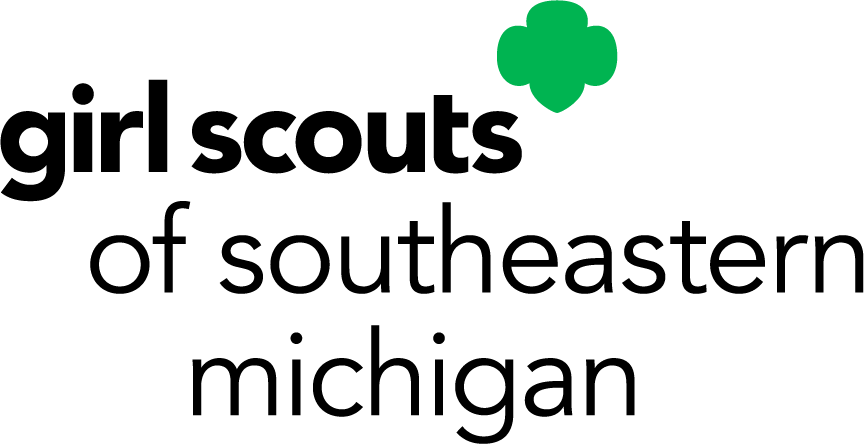Basic Supplemental Accident Insurance is provided for Girl Scout members.
Every registered girl and adult Girl Scout member enjoys the benefit of being automatically covered under GSUSA's basic supplemental accident insurance through Mutual of Omaha.
Girl Scouts of the USA (GSUSA) bears the entire premium cost for this protection. This basic insurance coverage is not intended to diminish the need for or replace family health insurance.






© Copyright 2009–2025 Girl Scouts of the United States of America. All rights reserved. All information and material contained in Girl Scouts' Volunteer Essentials guide ("Material") is provided by Girl Scouts of the United States of America (GSUSA) and is intended to be educational material solely to be used by Girl Scout volunteers and council staff. Reproduction, distribution, compiling, or creating derivative works of any portion of the Material or any use other than noncommercial uses as permitted by copyright law is prohibited, unless explicit, prior authorization by GSUSA in writing was granted. GSUSA reserves its exclusive right in its sole discretion to alter, limit, or discontinue the Material at any time without notice.


